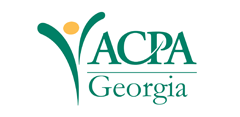Abstract
This article includes a suggested model for postsecondary institutions to address the problem of summer melt among students from low-income backgrounds. The model accounts for four areas deemed integral support systems for low-income students to matriculate. The following partners are advised: student affairs, admissions, counselor education graduate programs, K-12 counselors, and financial aid. Within this collaboration, personnel within the student affairs divisions serve as the conveners and developmental experts. The article also outlines a summer melt prevention program that could be the focus of this type of collaboration. Due to the unique multiltifaceted design of this model, the author includes a discussion on navigating the process including benefits to each partner, as well as caveats for implementation.
First Page
36
Last Page
54
Copyright Statement / License for Reuse
Digital Commons@Georgia Southern License
This work is archived and distributed under the repository's standard copyright and reuse license, available here. Under this license, end-users may copy, store, and distribute this work without restriction. For questions related to additional reuse of this work, please contact the copyright owner.
Recommended Citation
Smith, C. V. (2014). A conceptual model for collaboration to combat the summer melt of students from low-income backgrounds. Journal of Higher Education & Student Affairs, 30(2), 36-54. https://doi.org/10.20429/gcpa.2014.300204
Supplemental Reference List with DOIs

